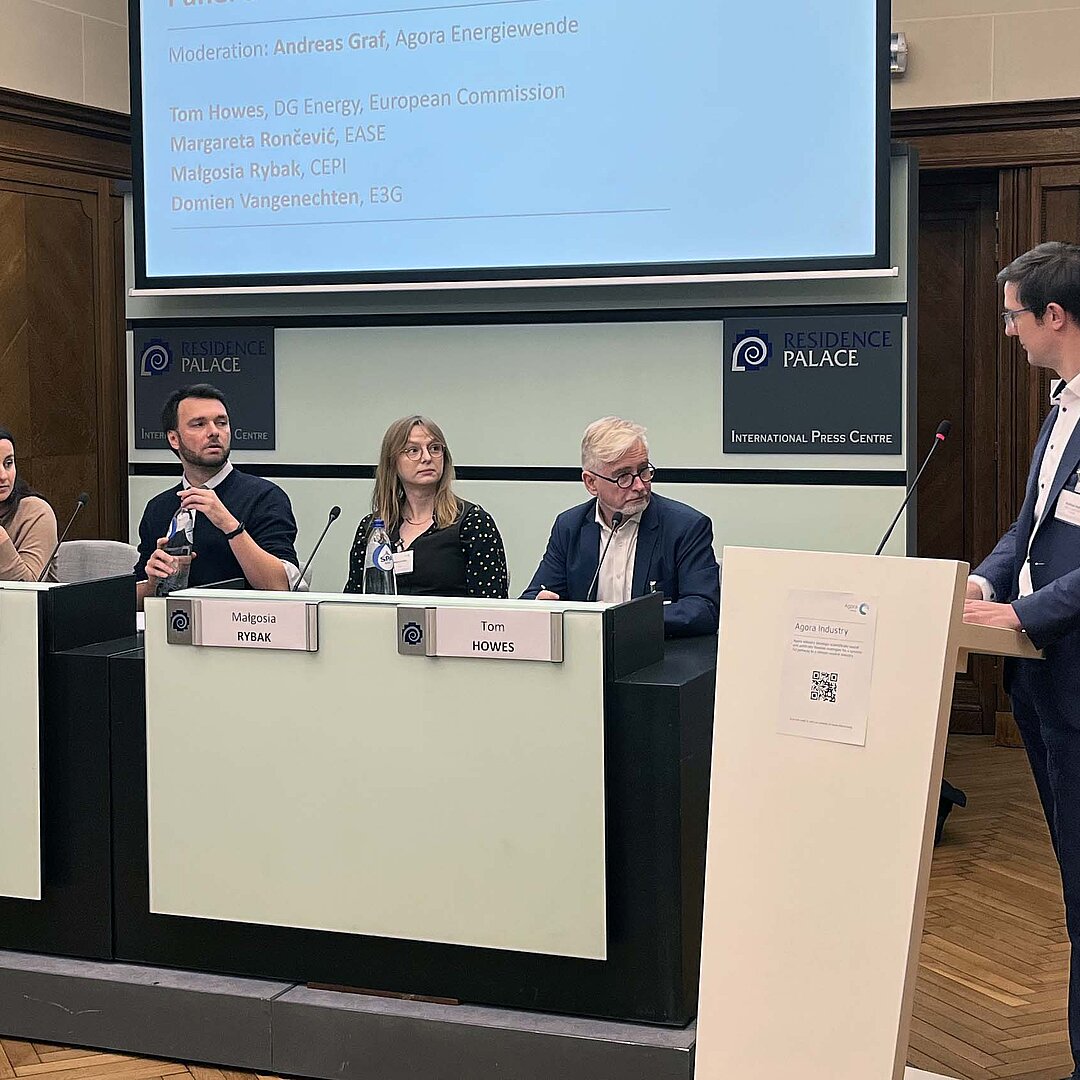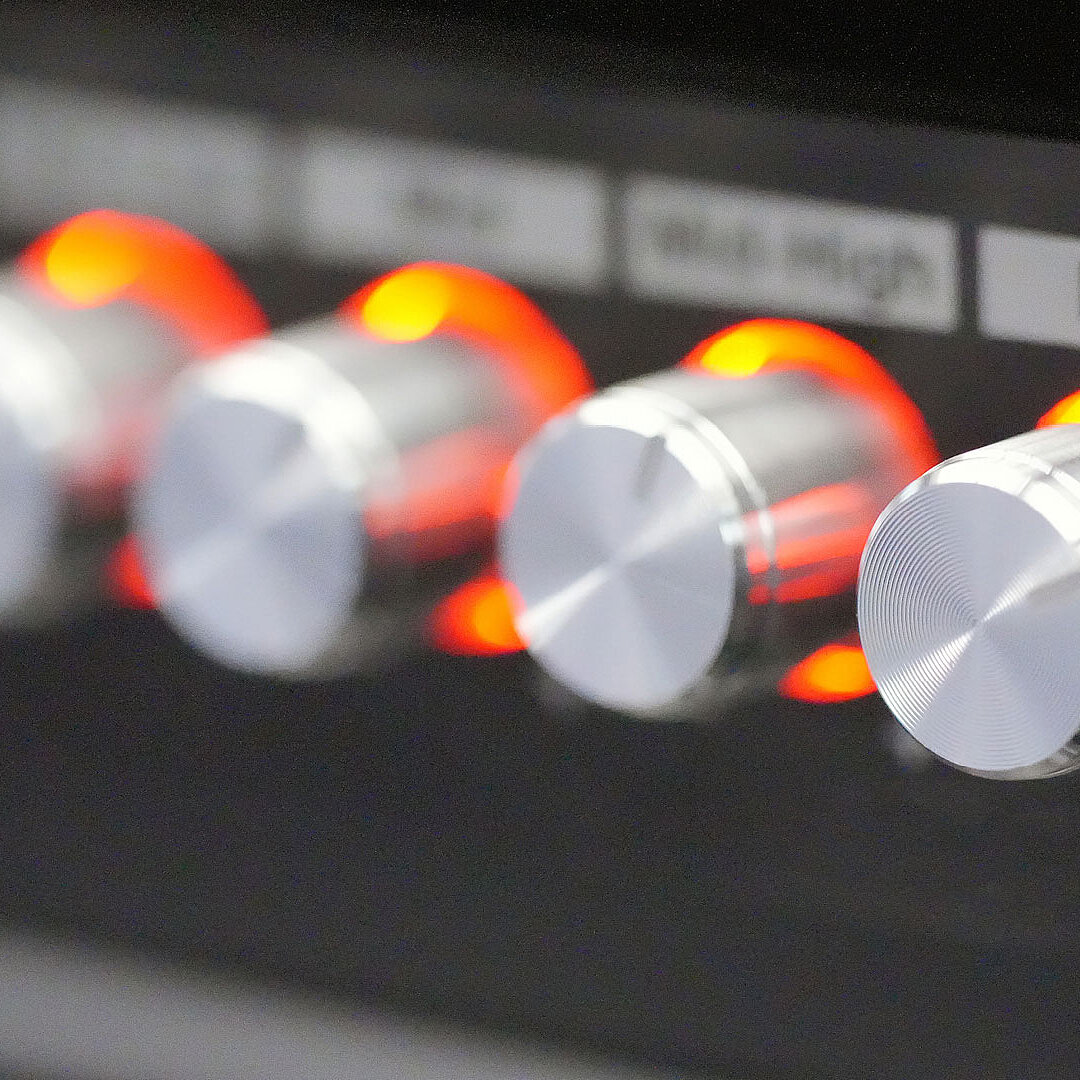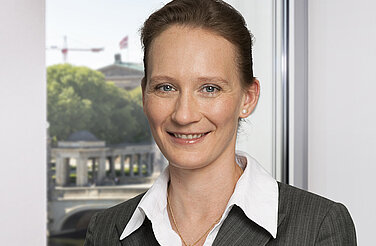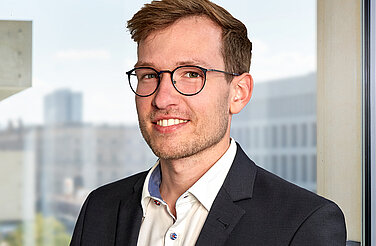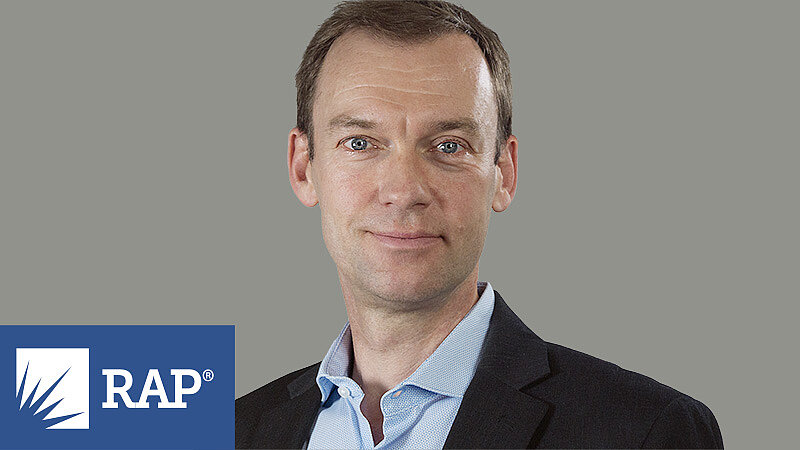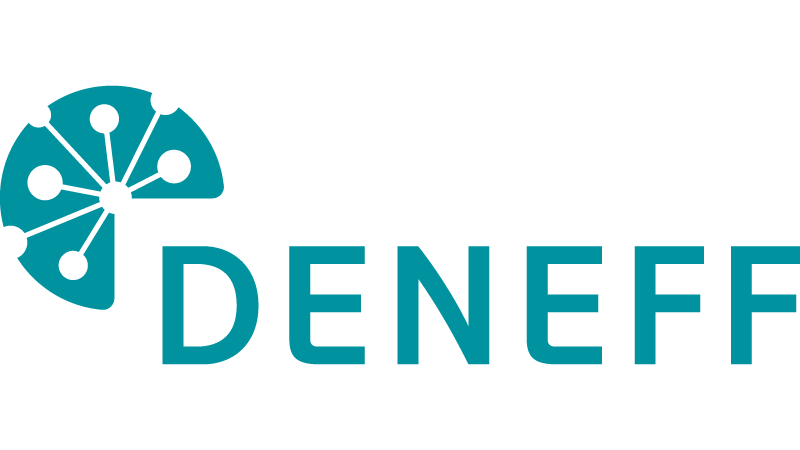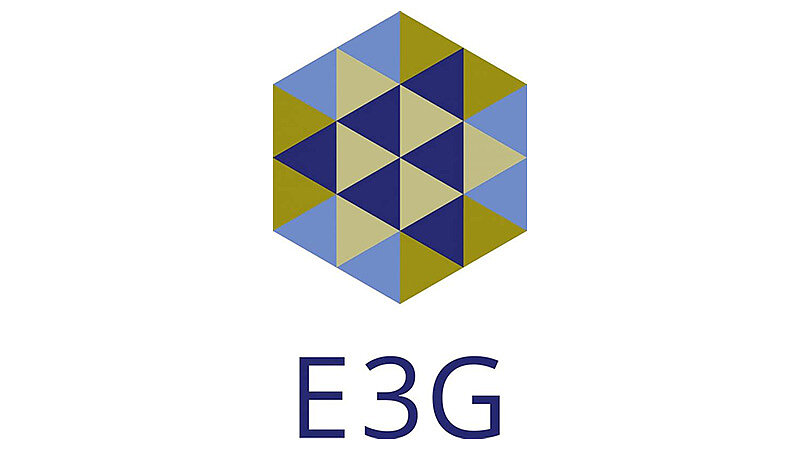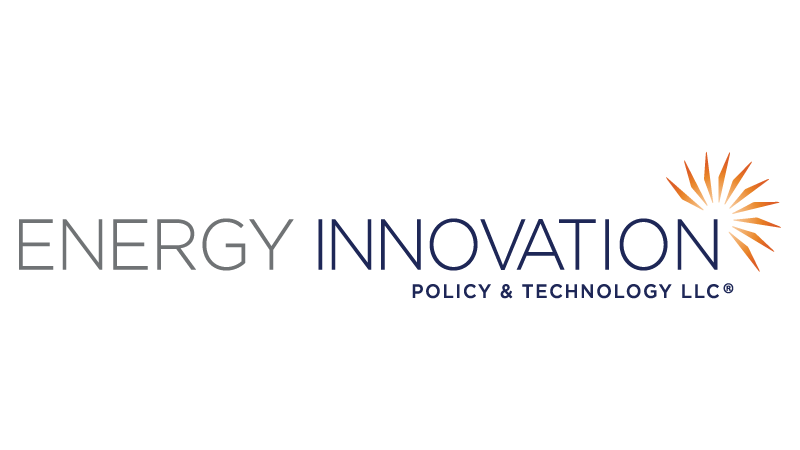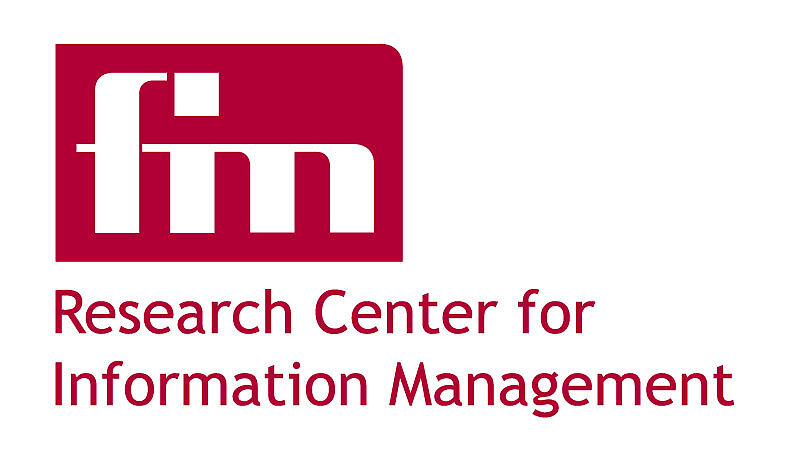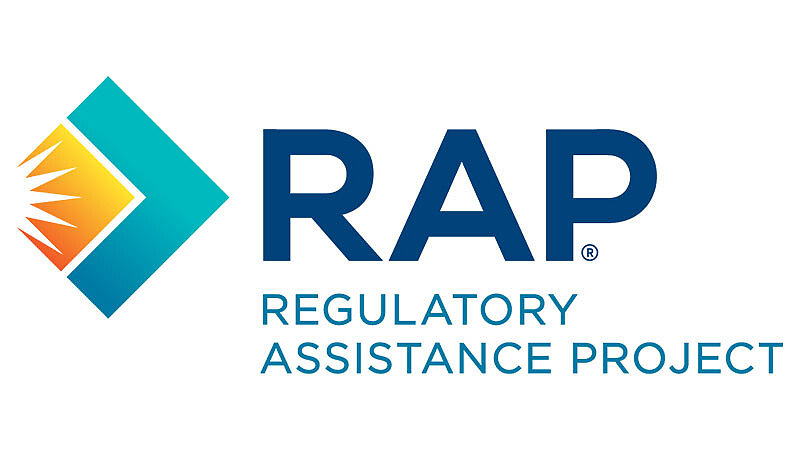This content is also available in: German
Electrification of industrial heat
Direct electrification of industrial process heat reduces fossil fuel dependencies, leading to significant emissions cuts.
Industrial heat represents two-thirds of the total industrial energy demand. The energetic use of fossil fuels such as fossil gas, coal and oil is responsible for most industrial emissions. The most efficient option for the future renewable supply of heat in industry is direct electrification. A large variety of technologies such as heat pumps, electric boilers and electric furnaces can supply heat at all temperature levels and are often more efficient than their fossil counterparts. The integration of renewables via Power-2-Heat reduces the primary energy demand and can, when combined with heat storage systems, provide system-serving, flexible electricity demand – which is crucial for the power sector to become climate neutral.
Transitioning industrial heat below 500 degrees Celsius is particularly promising within this decade: heat pumps and electric boilers can be used in applications such as the steam production for chemicals and plastics production. This would result in rapid reduction both in fossil gas use and CO₂ emissions. Even above 500 degrees, direct electrification is possible in many cases and more efficient than using hydrogen or biomass.
To ensure that the transition takes place in synergy with the decarbonisation of the power sector, incentives must be set for system-serving, flexible consumption. At the same time, a rapid expansion of renewable energies and required grids is necessary. To kick-start the industry-side heat transition a solid policy framework is needed, including (limited) subsidies to mitigate investment risks, clear standards for new investments and incentives for flexible electricity consumption.
Agora Industry’s work on electrification of industrial heat aims to show the technological, economic and efficiency potentials of direct-electric technologies for decarbonising industry, as well as how these potentials can be exploited by implementing the right policy incentives. We provide technology overviews across all temperature levels and deep dives into specific technologies, such as heat pumps and electric boilers, and develop policy recommendations that address implementation hurdles. With our system-perspective and in cooperation with Agora Energiewende we work to integrate industrial electrification into a decarbonised power system and develop policy recommendations to foster direct electrification in Germany, in Europe and globally.

